Finances
What credit score do you start with?
Learn about credit scores and discover what credit score you start with! Achieve your financial goals in no time! Read on!
Advertisement
Your guide to building a solid financial foundation
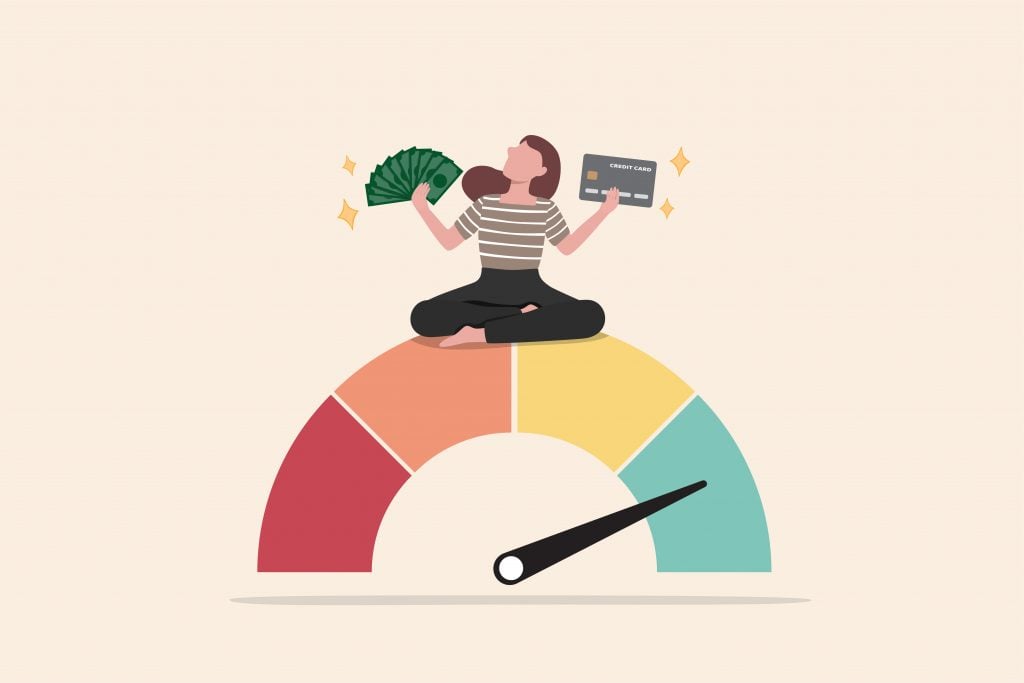
What credit score do you start with? Do you know how important your credit score is? It can determine whether you can qualify for a loan, rent an apartment, or even get a job.
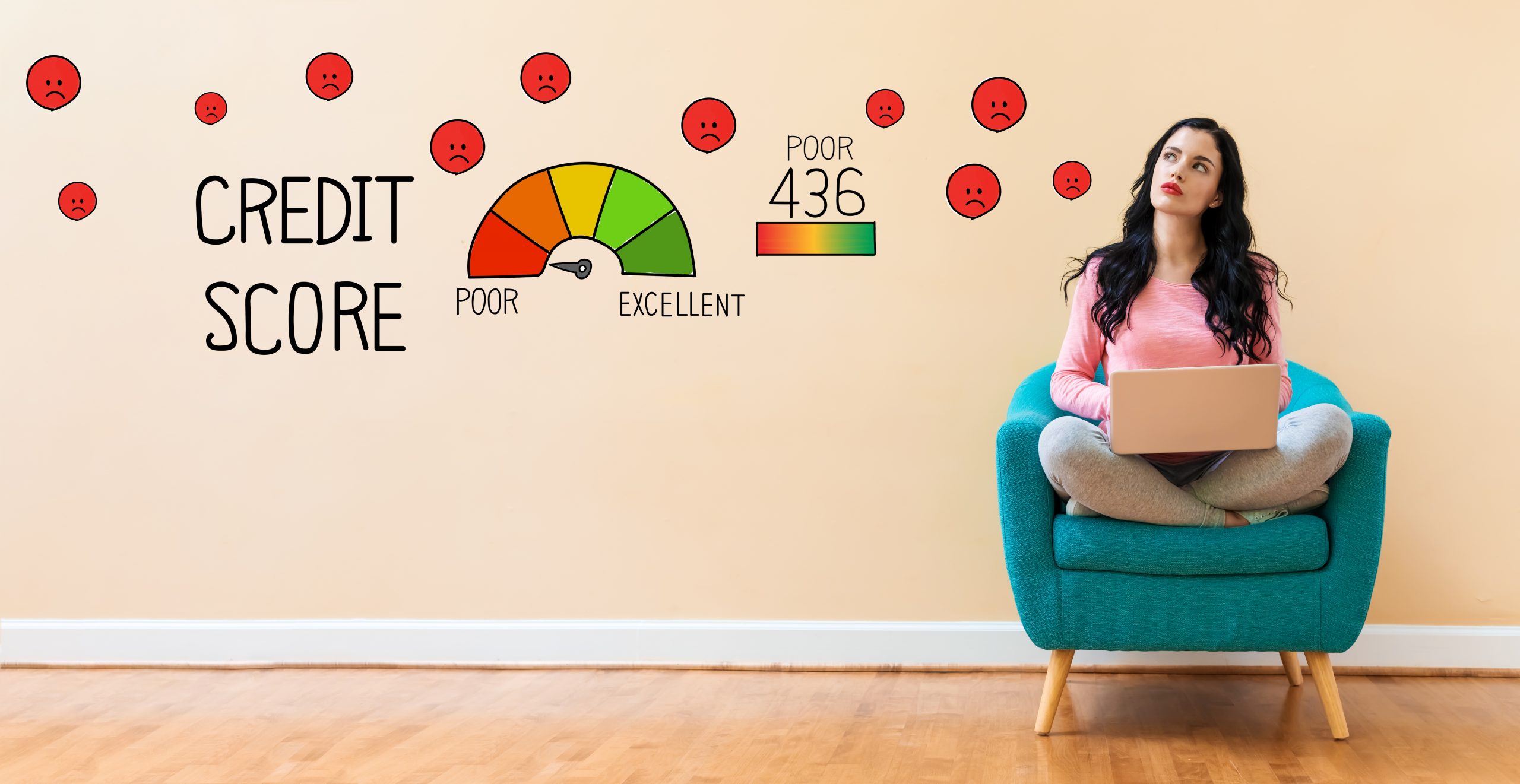
What is the lowest credit score possible?
Discover what is the lowest credit score possible and how it can affect your finances. Can you improve your poor score? Find it here!
In this blog post, we will discuss how your credit score is determined at the very beginning and what factors are considered to form that initial rating. So, keep reading!
You will be redirected to another website
You’ll receive messages for less than 1 week, with a maximum of 1 message per day. You can unsubscribe anytime by replying STOP. By submitting this form, I confirm that I am 18+ years old and agree to the Privacy Policy and Terms and Conditions. I also provide my signature, giving express consent to receive informational messages via automated emails, SMS, MMS text messages, and other forms of communication. Message frequency may vary as part of our good-faith effort to respond to your inquiry. Message and data rates may apply. Text STOP to cancel. I understand that my consent to receive communications is not a condition of purchase and that I may revoke my consent at any time.
Advertisement
What is your starting credit score?
Your starting credit score is the score that you are given when you first establish credit.
It is the score that lenders and financial institutions use to determine your creditworthiness when you apply for a loan or a credit card.
Various factors, such as your payment history, credit utilization, length of credit history, and new credit inquiries, can influence your starting credit score.
It’s important to note that everyone starts with a different credit score, depending on their financial history and behaviors.
Some may start with a higher score if they have a history of making on-time payments, while others may start with a lower score if they have high debt levels.
How is your credit score calculated?
Your credit is calculated using a complex algorithm that considers several factors, including:
- Payment history;
- Credit utilization;
- Length of credit history;
- New credit inquiries;
- Types of credit accounts.
Each factor is weighted differently, with payment history and credit utilization significantly impacting your score.
Payment history accounts for 35% of your credit score, including whether you have made on-time payments, missed payments, or had accounts sent to collections.
Credit utilization, which accounts for approximately 30% of your score, looks at how much of your available credit you use.
The length of your credit history, types of credit accounts, and new credit inquiries make up the remaining 35% of your score.
Advertisement
How can you check your credit score?

There are several ways to check your credit score.
Including through free credit score websites, credit monitoring services, or requesting a credit report from the three major credit bureaus (Equifax, Experian, and TransUnion).
It’s important to check your credit score regularly to ensure no errors or fraudulent activities could impact your score.
Additionally, by monitoring your credit score, you can identify areas where you may need to improve your credit behaviors to increase your score over time.
This can include making on-time payments, reducing your credit utilization, and avoiding opening new credit accounts unnecessarily.
Why is it important to maintain a good credit score?
Maintaining good credit is essential for several reasons. First, it can impact your ability to access credit in the future.
And to set the interest on those accounts. A good credit score can help you secure better rates and terms on credit accounts. Besides, it can save you money in the long run.
Also, your credit score can impact other areas of your life. That is, such as your ability to rent an apartment, obtain insurance, or even secure a job.
Many employers now run credit checks on potential employees as part of their hiring process, so maintaining a good credit score can be essential for career advancement.
By understanding what credit score you start with and taking steps to maintain and improve it, you can build a solid financial foundation for your future.
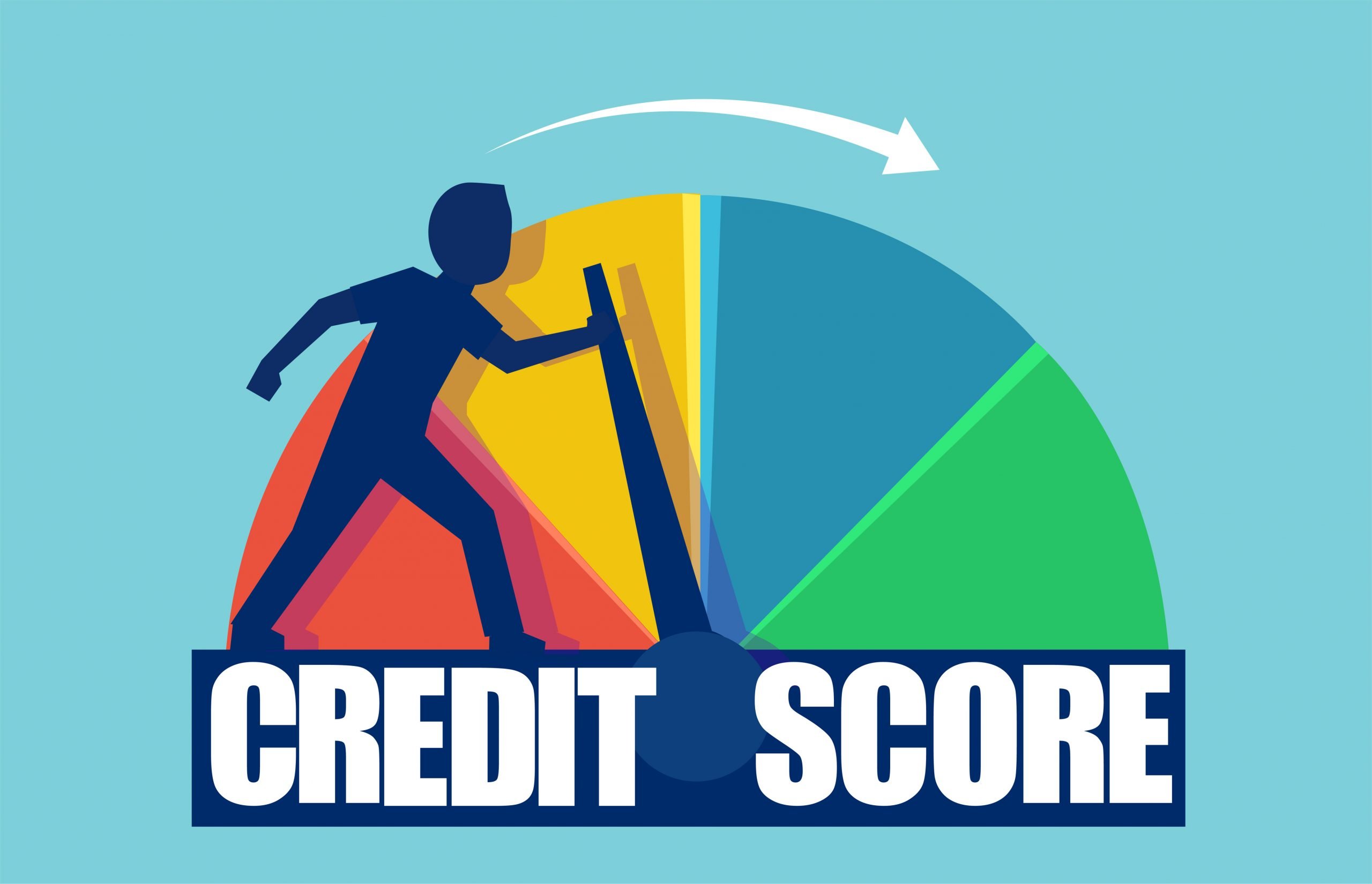
The most common myths about your credit score
Do you know what affects your credit score? Here are the most common credit score myths debunked to help you understand it and deal better with it. Keep reading!
Advertisement
Tips to improve your credit score
Your credit score is determined by several factors, including payment history, credit utilization, length of credit history, types of credit used, and new credit.
So, check out these tips that can help to improve your credit score:
1. Pay your bills on time
Paying your bills on time is one of the most important factors in determining your credit score.
Late payments can stay on your credit report for up to seven years and significantly negatively impact your score.
Set up automatic payments or reminders to ensure you never miss a payment.
2. Reduce your credit card balances
Your credit utilization ratio is the amount of credit you use compared to the amount of credit you have available.
A high credit utilization ratio can negatively impact your credit score.
Try to keep your credit card balances below 30% of your available credit and pay them off in full each month if possible.
3. Monitor your credit report

Checking your credit report regularly can help you identify errors or inaccuracies that could negatively impact your score.
You are entitled to one free credit report each year from each of the three major credit reporting agencies: Equifax, Experian, and TransUnion.
Review your credit report carefully and dispute any errors you find.
4. Avoid opening too many new accounts
Opening multiple new credit accounts in a short period of time can negatively impact your credit score.
Each time you apply for credit, it results in a hard inquiry on your credit report, which can lower your score.
Limiting new credit applications and only applying for credit when you need it.
5. Keep old accounts open
The length of your credit history is another important factor in determining your credit score.
Closing old accounts can shorten your credit history and negatively impact your score.
Keep old accounts open to maintain a long and positive credit history even if you are not using them.
6. Pay down high balances
High credit card balances can negatively impact your credit score. Aim to keep your credit utilization ratio below 30%.
If you have high balances, make a plan to pay them down as quickly as possible.
In conclusion, improving your credit score requires consistent and responsible financial habits.
By following these tips and monitoring your credit report regularly, you can take control of your credit score and build a solid financial foundation for the future.
The credit score can impact many aspects of your financial life. In that sense, you may have your mortgage affected. Learn how this is possible with the post below.

The impact of your credit score on your mortgage
Your credit score has a great impact on the mortgage rates you pay. Understand how this number may affect your chances of getting a loan and how to improve it. Read on!
Trending Topics

7 best checking account bonuses of 2023
Check out this list of the best checking account bonuses available in 2023. Get the most out of your money!
Keep Reading
Learn how to download the Dare App and manage your anxiety and stress
Find out how to download the Dare app to manage your anxiety issues and panic attacks. Keep reading to start!
Keep Reading
Best Egg Personal Loans review: how does it work and is it good?
Do you need a personal loan? Check out the Best Egg Personal Loans review to see if it's the right choice for you. Read on!
Keep ReadingYou may also like
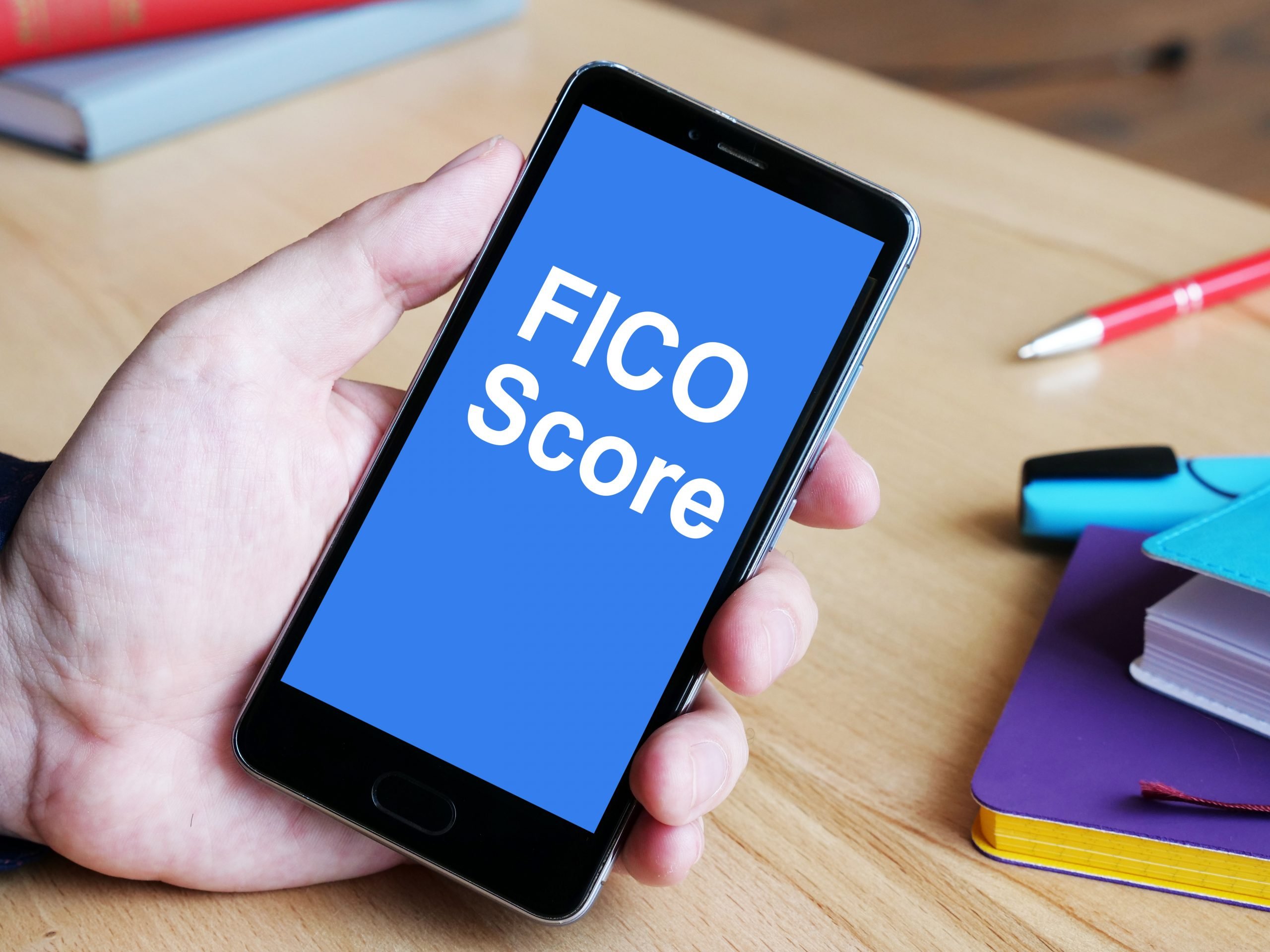
What Is a FICO Score? Understand the Basics
Demystifying your credit: What is the FICO Score? Learn how to improve it and take charge of your finances with our guide!
Keep Reading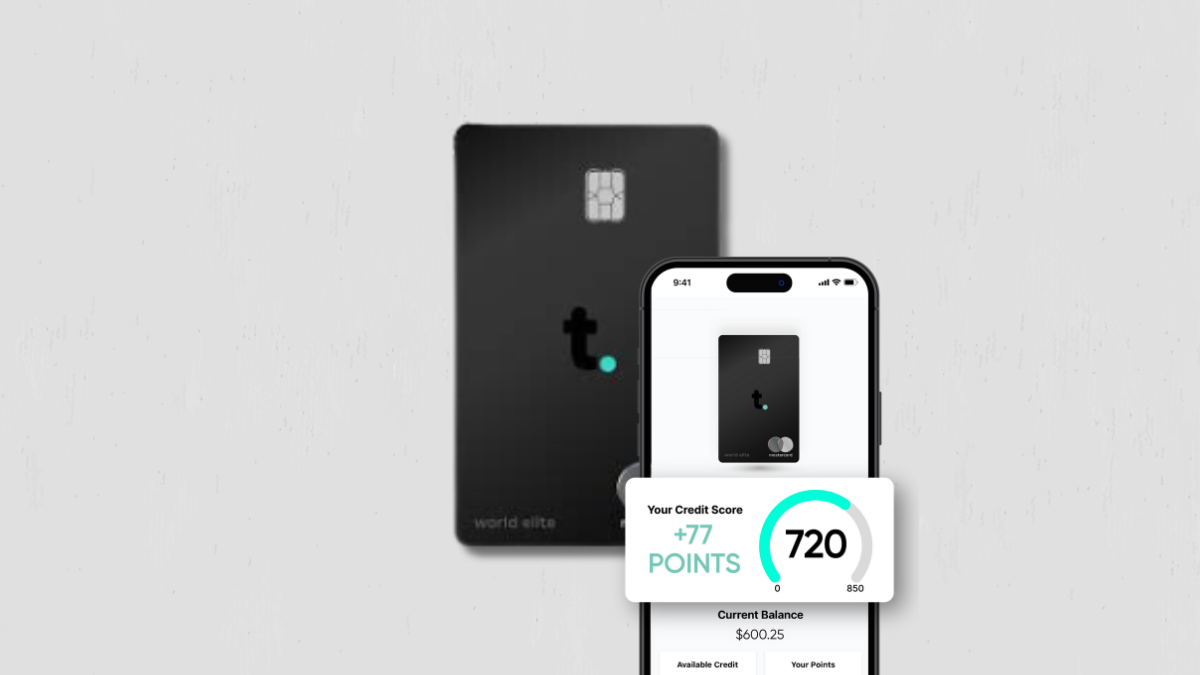
No credit score needed: Apply for Tomo Credit Card
Apply for the Tomo Credit Card today and take advantage of its 0% APR and various discounts and benefits on popular services.
Keep Reading
Wayfair Credit Card review
Read out the Wayfair Credit Card review and learn how this card works. Cash back rewards and welcome bonuses! Keep reading to learn more!
Keep Reading